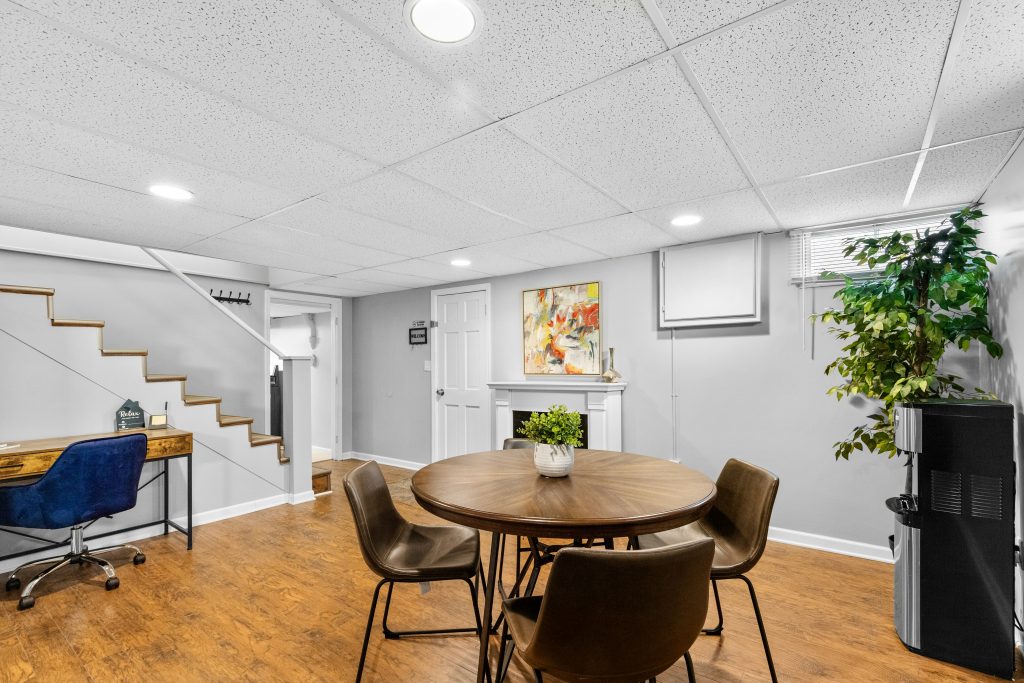
Short-term vs long-term rentals: which should you choose as a property owner is a huge debate in Dubai’s vibrant real estate market. In this article, we will explore the different benefits and drawbacks of short-term rental and long-term rentals in Dubai, which will help landlords choose between two primary options for property investment in Dubai.
Short-Term Vs Long-Term Rentals: Pros And Cons To Consider
Short-term rentals are typically more profitable, as they bring in higher rental income. Long-term rentals, on the other hand, are more stable and offer better security for landlords. Ultimately, it is up to the landlord to decide which option suits them best.
As a landlord or owner of the property, finding the right option as per his needs, preferences, and priorities can be a challenging and crucial task. It is important to carefully analyze and understand the risks and benefits of each option before making a decision.
Scroll down to find the benefits and challenges to make an informed decision about property.:For Further information Visit website
Benefits Of Short-Term Rentals
Short-term rental property is generally defined as the property on rent for a short duration, it can be a night stay, a few days, or six months. Some real estate investors say that a one-year rental contract is also a short-term rental. This type of investment has its set of advantages and suits the landlords as per their preferences, needs, and personal priorities.
Many factors play a pivotal role in making your investment more successful and profitable. Such as location of the property, for short-term rental properties, location is the prime factor to consider, if it is located in a business area or a popular tourist hub then in peak season, it offers exceptional profit. During vacations, the demand for the property will be high enough and become a source of high income. Other than location, the size of the property, the quality and condition of the property, type of property are other important factors that have an impact on your investment.
Higher Rental Income Potential
Short-term rentals offer higher rental income compared to long-term rentals. According to the rough estimation, short-term rentals generate 20-40% more income than long-term rentals. Especially if your property is located at a prime location, a popular tourist destination, or business hub, it will become a source of high income during the peak season of tourism.
Flexibility To Use The Property
In a short-term rental property, the owner of the property has the flexibility to use it. He can live in this property and use it for its purpose like for your friends and family when the property is not rented out. This is an ideal offer for landlords who often enjoy living in their investments.
No Hidden Cost
As a landlord or owner of the property, you are free from worries about hidden costs. There is no hidden cost in short-term rentals, everything is clear and you can observe it on time. In this investment, you just have to manage the rental amount and time duration of staying in the property. You receive a defining amount according to the stay of the tenants.
Tax Breaks
When the property is being rented in the short term, you can get the benefits of tax deductions for property expenses. It is important to check your state income tax laws and your local property tax laws to see which tax breaks apply in your local market.
Property Management
Another benefit of the property investment being rented out in the short term is property management. As an owner of the property, you have easy and quick access to check the property. Short-term rentals allow the property owner to have regular visits to the property between the guests.
Unlike long-term rentals where the owners are dependent on the renters to notify them about the maintenance, renovation, and any damage to the property, in the short term, you will be able to physically inspect the property and can catch the potential maintenance issue before it becomes a big problem and you have to face more expenses.
Benefits Of Long-Term Rentals
Long-term rental is defined as the property, the landlord rents the property for many years. In this type of investment, there is a contract or signed agreement between the landlord and tenant. The landlord agrees to rent the property to the tenant for a set period, usually for a set monthly rent. The tenant agrees to pay rent on time and to abide by the terms of the lease agreement.
Both parties followed the rules and regulations and signed the agreement which outlines the price, tenancy periods, mode of payments, and other terms and conditions. Long-term rentals also have a list of benefits and suit the landlords according to their personal preferences.
Consistent Rental Income
The top listed benefit of long-term rental is the consistent rental income. It becomes the source of the steady flow of income and ensures the availability of rental income for a specific time duration. Your lease will sign the agreement of more than a year and you will receive the monthly rent on time without worry about vacancy or seasonal slump.
Sense Of Security And Stability
A long lease agreement gives you a sense of security and stability. It attracts reliable tenants who are sensible and treat the property with care. Moreover, the landlords are free from the warriors about new tenants for nightly, weekly, or daily. After signing a long lease agreement, they are tension-free for a long time and easily receive the rental amount.
Less Management Intensive
With longer lease durations, the landlords have fewer management issues. They do not need to worry about frequent maintenance issues. They also do not need to spend a lot of time looking for new tenants. As a result, they have more time to focus on other important aspects of their business.
Lower Vacancy Risk
Long-term rental reduces the risk of frequent vacancies. Unlike in short-term lease agreements, there is no fear of vacancies in the off-season in long-term rentals. It is an agreement between the landlord and tenant for a long period.
Utilities Paid By Tenants
In long-term rentals, the utilities have to be paid by the tenants. This means that the water, sewer, trash, gas, electricity, and internet are in their name and they have to pay the bills directly to the utility companies. As an owner, it gives you benefits and reduces rental expenses and additional fatigue.












